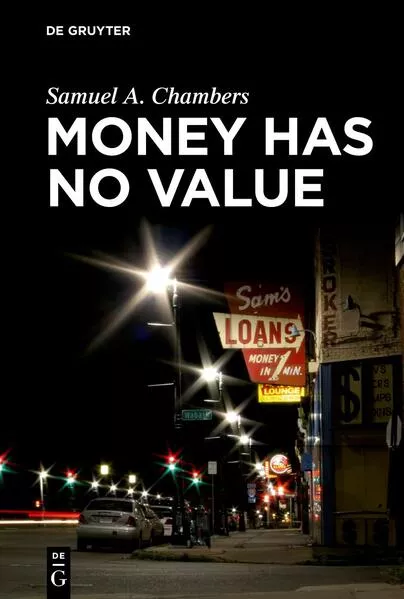
- Publikationen ca: 4
- Buchbewertungen ca: 2
- Fragen & Antworten
Samuel A. Chambers
Samuel A. Chambers teaches political theory, cultural politics, and political economy at Johns Hopkins University. He is co-Editor-in-Chief of the journal Contemporary Political Theory and series co-editor of Routledge's Innovators in Political Theory. His interests are broad and interdisciplinary—ranging from central issues in social and political theory, to engagements with contemporary feminist and queer theory, to contributions to critical television studies. All of his work maintains a core concern with a sort of "glue" that holds together things—e.g., political regimes, sex/gender identities, pedagogical relations—in a way that is neither narrowly political (in the traditional sense of legislation or public policy), nor reductively socio-biological, nor grounded in ethics or morality à la so-called normative political philosophy. His published writings are similarly wide-ranging. He has authored seven books, edited four more, and published more than thirty journal articles, along with numerous chapters and essays. His most recent book is Capitalist Economics (OUP 2022).
Money Has No Value
We need a new theory of money. The still-dominant theory of money as taught in intro textbooks is 100+ years old, and for almost that long we have known that it’s totally wrong. The best alternative are "heterodox" accounts developed in the 90s and 00s.
Money Has No Value
We need a new theory of money. The still-dominant theory of money as taught in intro textbooks is 100+ years old, and for almost that long we have known that it’s totally wrong. The best alternative are "heterodox" accounts developed in the 90s and 00s.
Money Has No Value
We need a new theory of money. The still-dominant theory of money as taught in intro textbooks is 100+ years old, and for almost that long we have known that it’s totally wrong. The best alternative are "heterodox" accounts developed in the 90s and 00s.
Money Has No Value
We need a new theory of money. The still-dominant theory of money as taught in intro textbooks is 100+ years old, and for almost that long we have known that it’s totally wrong. The best alternative are "heterodox" accounts developed in the 90s and 00s.



